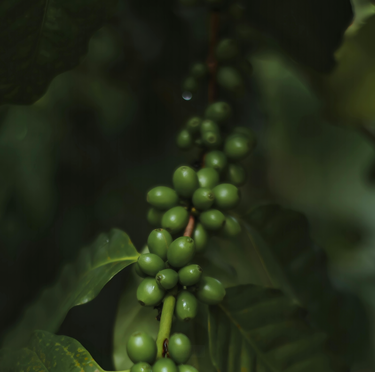TRADITIONAL
Nº 163 Costa Rica Caraigres
Country: Arusha Region
Process: Washed
Grown / Region: Oldeani
Altitude: 1620m - 1850m
Varietals: Bourbon, Kent & SL28
Producers: Edelweiss Oldeani Estate & Finagro Plantations
Tasting Notes: Black Cherry, Anise, Chocolate Ganache
Roast Level: Dark 5/5

FARM NOTES:
This coffee is the result of cherries grown either side of the Ngorongoro crater in Northern Tanzania. The soil here is rich and ideal for coffee growing, and local biodvoersty an asset to high quality arabica farming. It's not unusual to see elephant and buffalo roaming the land here - and the producers are keenly aware of their responsibility to maintain this. The coffee has a classic East African fruit-forward flavour profile, but with a rich dark chocolate finish.
DISCOVERY
Nº 165 Costa Rica Hermosa
Country: San José Province
Process: Honey
Grown / Region: Tarrazu
Altitude: 1500m-1800m
Varietals: Catuai, Caturra & Obata
Producers: Coope Dota (Co-operative)
Tasting Notes: Butterscotch, Lemon, Milk Chocolate
Roast Level: Medium 3/5

FARM NOTES:
Prior to the arrival of a wet mill in the region, and the adoption of a co-operative status, the producers of Hermosa would sell their cherry to middle-men, who would sell on the coffee without good traceability or integrity of processing. The varietals grown are mainly Caturra and Catuai, but some farmers are experimenting with Obata, the cross between Timor Hybrid and Villa Sarchi brought to Costa Rica from Brazil.
The honey processing of this coffee allows for 70% of the coffee cherry pulp to be left intact with the seed during the drying process. These are raked on patios and turned regularly to ensure an even and clean-tasting fermentation. The result in the cup is one of heightened natural sweetness, which in turn enhances the caramelisation of the roasting process. This is the perfect coffee for all-day drinking and versatility.





